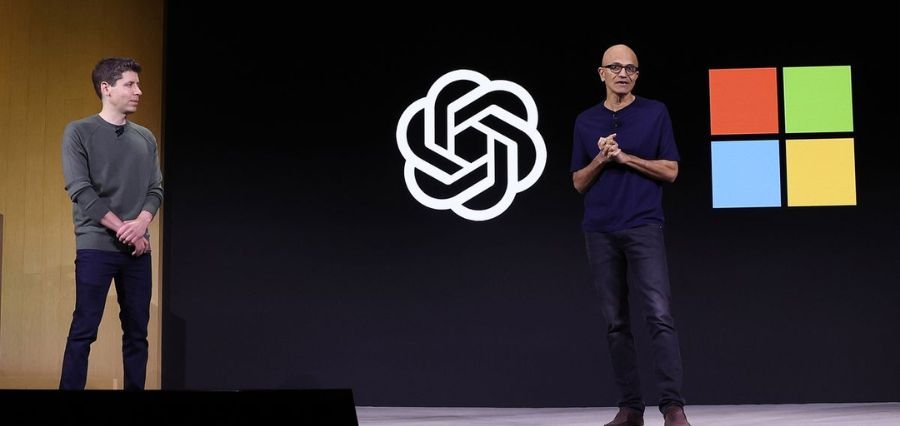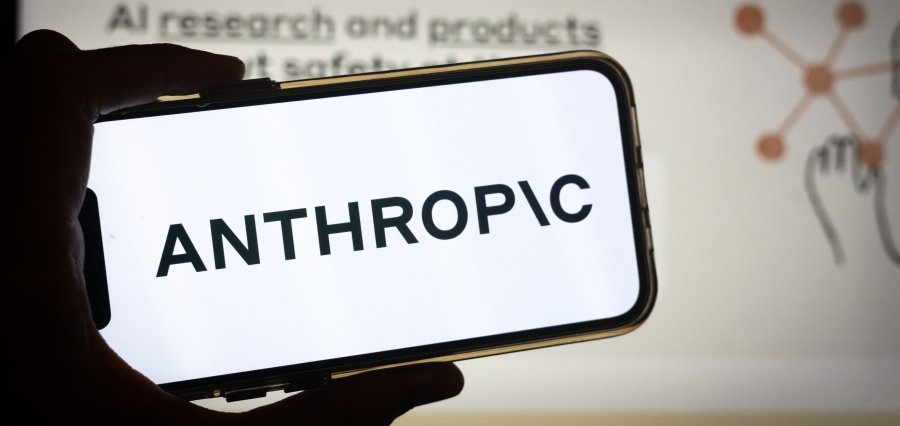Prime Highlights
- OpenAI is contemplating filing a federal antitrust complaint against Microsoft, calling it a “nuclear option.”
- The dispute centers around OpenAI’s shift to a public-benefit corporation and control over a $3 billion acquisition.
Key Facts
- Microsoft has veto power over OpenAI’s corporate restructuring and claims access rights to technology from OpenAI’s Windsurf acquisition
- OpenAI is weighing legal and regulatory action to push back against what it perceives as Microsoft’s aggressiveness.
- Both companies continue publicly to assert faith in continuing their relationship in the face of increasing internal tension.
Key Background
The strategic partnership between OpenAI and Microsoft, which was once one of the most cooperative and mutually rewarding in the tech world, is now under severe strain. Since 2019, Microsoft has poured more than $13 billion into OpenAI, gaining exclusive rights to use its models and becoming OpenAI’s default cloud provider for tools and services. The deal has been crucial to Microsoft’s push in AI, with products such as GitHub Copilot and Microsoft 365 Copilot being heavily dependent on OpenAI’s models.
But tensions arose in the plans for OpenAI to restructuring internally. The company wants to transform itself into a public-benefit corporation to raise as much as $20 billion of new capital. Microsoft, under its previous deal, has veto rights on this conversion—something that OpenAI sees as a threat to its autonomy. The firm is being pushed to finalize this conversion by the end of the year to remain in line with its fundraising and governance overhauls.
Adding fuel to the fire is OpenAI’s $3 billion acquisition of a coding startup called Windsurf. Microsoft, through the partnership’s terms, claims access to Windsurf’s intellectual property, which OpenAI wants to protect. OpenAI believes this IP could create a competitive conflict, particularly with Microsoft’s GitHub Copilot product, and it is determined to prevent Microsoft from gaining undue advantage.
As a reaction, OpenAI officials have talked about what they call the “nuclear option”: submitting an antitrust complaint to federal regulators. This would be a dramatic move and could mean the Federal Trade Commission or Department of Justice. It would come at the same time as wider investigation into the role of large technology companies in shaping AI.
In spite of the battle, both firms are still projecting public goodwill, touting that the collaboration continues to be fruitful. Meanwhile, OpenAI is expanding its infrastructure partnerships by engaging with Oracle, Google, and SoftBank to decrease dependency on Microsoft’s Azure. Whether this strategic shift results in a publicized legal confrontation or rebalancing of the alliance may determine the future course of AI industry dynamics.
Read Also : U.S. Resumes Student Visa Interviews – Social Media Reveals Now Mandatory









